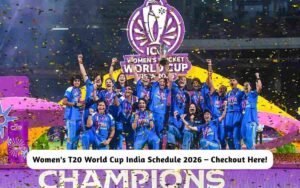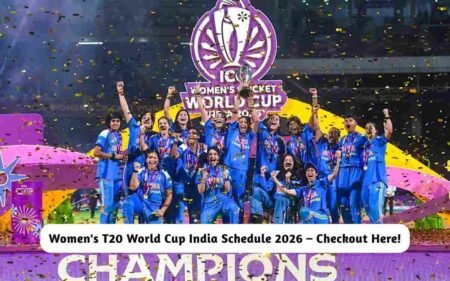
India’s defeat to South Africa in Kolkata has triggered serious discussions about the team’s current direction and readiness for the World Test Championship (WTC). The loss, coming soon after a surprising whitewash at home against New Zealand, has raised concerns about whether India’s standards and expectations match the actual strengths of the side.
With a new captain and a relatively inexperienced head coach in charge, questions are being asked about whether it is realistic to expect top-level performances during this transitional phase.India’s performance has come under intense scrutiny, and former Indian batter Robin Uthappa has been among those urging a more practical view of the team’s capabilities.
Speaking after the Kolkata Test defeat, Uthappa questioned whether this Indian team had the depth, consistency, and quality needed to be considered genuine contenders for the WTC title. He highlighted that the team’s recent inconsistency makes it difficult to justify high expectations.
Growing Concerns About Team Quality
According to Uthappa, one major issue is the packed international schedule, which leaves Indian players with limited preparation time compared to other countries. Visiting teams, he noted, often play fewer matches in a year and therefore have more time to prepare thoroughly for long tours.
In contrast, Indian players are frequently moving between formats, reducing the time available for Test-specific preparation.
One of the biggest concerns raised by Uthappa was India’s fast-bowling depth.
While Jasprit Bumrah and Mohammed Siraj remain world-class performers, he questioned whether India have a reliable third seamer who can consistently deliver, especially in conditions outside the subcontinent.
India’s Fast-Bowling Department Under Pressure
Uthappa noted that the team is experimenting with several bowlers, but none have yet established themselves as the clear third option behind Bumrah and Siraj. He asked whether India, in their current composition, are realistically prepared to challenge stronger teams in overseas conditions.
Without a settled pace attack, he warned, India’s ambitions of reaching another WTC final may be overly optimistic. Another major issue highlighted was India’s practice of hosting Test matches at numerous different venues.
Uthappa pointed out that unlike other major Test nations, India do not have designated Test centres where conditions can be consistently prepared to favour the home side. In his view, this lack of continuity reduces India’s ability to maximise home advantage.
He recalled that Virat Kohli had raised the same point during his captaincy, suggesting that the frequent change of venues makes it harder to build a strong home record. Other nations often use a small set of Test grounds, allowing curators to produce conditions tailored to their team’s strengths.
Crucial Test Ahead for India
India’s scattered approach, according to Uthappa, weakens their overall planning and prevents them from building a long-term Test strategy. With three losses and only four wins so far in this WTC cycle, India face a tough road ahead if they hope to climb back into contention.
Poor results at home against strong SENA (South Africa, England, New Zealand, Australia) teams are particularly worrying and will hurt their chances if not addressed quickly.
The immediate challenge for India is to level the series against South Africa, with the next Test in Guwahati becoming a must-win. A strong performance there will be crucial not only for salvaging the series but also for restoring some confidence as they aim to regain their footing in the WTC race.








